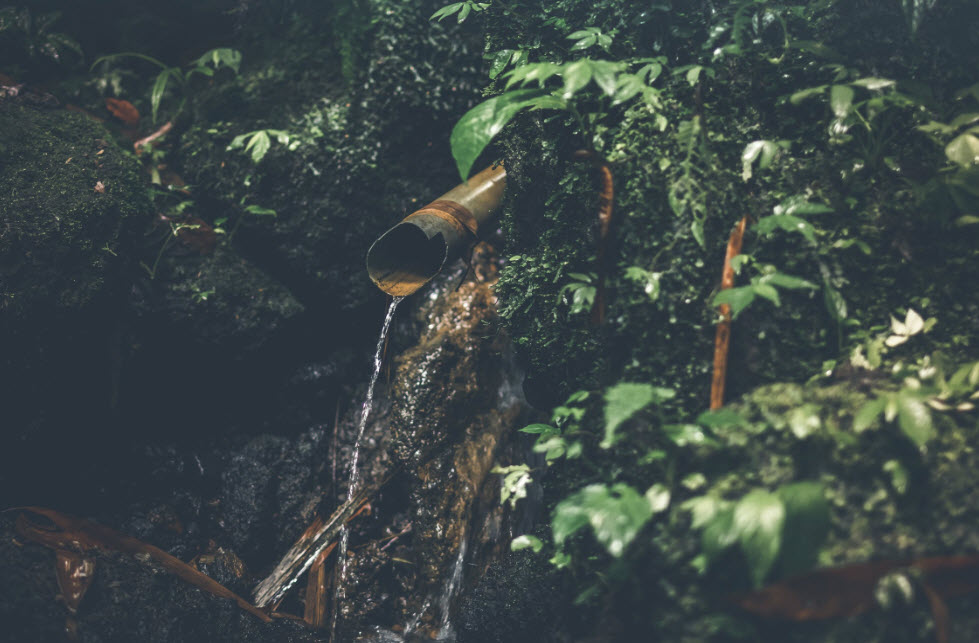
Does everyone agree that the New York State Department of Environmental Conservation (“DEC”) is properly doing its job of protecting the environment in the state? Apparently not.
Sometimes activists conclude that the agency’s actions are not in the best interest of the environment. That’s where environmental non-profits step in. As the watchdogs of the states waterways, parks and air these organizations monitor the DEC and dispute actions they believe, rightly or not, fail to protect the environment. How do they challenge agency action, and how do they fare when they challenge DEC?
On February 21, 2018, the DEC issued a statewide general water permit for thousands of industrial facilities in 28 industrial sectors that span mining, manufacturing, services, and waste disposal. What’s a general permit, you ask? A general permit is not applicant-specific; rather, the party seeking its benefit must believe it is following terms of the general permit without applying to DEC for its approval of a proposed activity subject to permit.
This general permit became effective on March 1, 2018 and allowed thousands of these facilities to discharge dirty runoff after rain storms into waterbodies throughout New York State without first having to seek DEC’s permission specifically but rather relying on the general authorization, believing itself (i.e., self-monitoring) to be complying with the general permit’s terms.
On April 20, environmental organizations, Riverkeeper, Inc. and Waterkeeper Alliance, Inc., filed an Article 78 petition challenging DEC’s general permit. This special kind of lawsuit allows individuals and organizations to challenge the actions of a government agency in an accelerated manner, typically without any discovery taking place that would otherwise occur in a judicial “action.”
Riverkeeper and Waterkeeper raised two main concerns in their petition. First, the stormwater runoff from industrial facilities that make it to waterbodies would reduce the amount of oxygen in the water below minimum water quality levels. This would be in violation of New York’s Environmental Conservation Law and the federal Clean Water Act. Second, the organizations alleged this general permit allows polluted water to be discharged into the most pristine waterbodies in the state like Lake Placid and Lake George.
According to the petition, “stormwater runoff from industrial facilities, often referred to as ‘industrial stormwater’ pollution, is one of the biggest sources of water pollution in New York State.” Many of the waterbodies that would be impacted by this general permit are already impaired by low dissolved oxygen, including the Mohawk River and all of Patroon Creek, near Albany, and many of the heavily industrialized tributaries of the New York Harbor and Long Island Sound, like the Gowanus Canal, Flushing Creek, and Bronx River.
Under the Clean Water Act, New York is required to adopt water quality standards for all water bodies in the state. One of those water quality standards is for dissolved oxygen, which is what fish and other aquatic organisms breathe underwater. The allegations in the petition charged that this general permit allowed so much oxygen-demanding pollutants to be discharged so that oxygen levels in water would decline so much as to inevitably harm the wildlife and plants that live in these waters. The petition further alleged that when industrial facilities discharge stormwater in accordance with the general permit into an already oxygen-impaired waterbody, it will most likely cause or contribute to that water body’s failure to meet State-mandated levels of dissolved oxygen.
Riverkeeper and Waterkeeper Alliance are challenging the general permit because they believe DEC has set standards that will explicitly violate the water quality standards the department is authorized, indeed, required to enforce. Stay tuned to developments in this space on this potentially significant challenge to one of the most important of the State’s permitting procedures.
Read the petition here.
Call the attorneys of Periconi, LLC at (212) 213-5500 for legal advice if you operate a facility that produces industrial wastewater to ensure you are in compliance with the law.

